


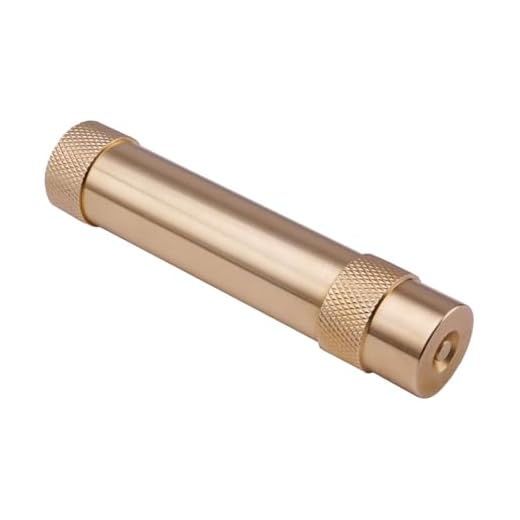
For optimal performance in outdoor cleaning, I highly recommend attaching an advanced cleaning wand to your jet cleaner. This enhancement dramatically increases your reach, making it effortless to tackle high or hard-to-reach surfaces, such as rooftops or tall walls. Once secured, ensure the connection is tight to prevent any leakage during operation.
The key to maximising efficiency lies in proper technique. Maintain an angle of about 30 degrees while directing the nozzle at the surface. This method not only ensures thorough cleaning but also protects delicate materials from potential damage caused by high-pressured streams. Adjust the pressure settings depending on the surface; for painted exteriors, a lower setting is advisable, while concrete can withstand higher pressure without risk.
Utilising varying nozzles can further enhance your cleaning capabilities. For instance, the wide-angle spray is perfect for rinsing larger areas quickly, while a concentrated stream is ideal for stubborn stains. Alternate between different spray patterns as necessary to achieve the desired results. Don’t forget to keep the lance moving to avoid concentrating the force on one spot for too long, which might lead to surface damage.
Finally, regular maintenance of your equipment will ensure longevity and consistent performance. After each use, detach the wand for thorough cleaning and inspection. Look for any signs of wear or blockages, as prompt attention to these issues can save time and resources in the long run.
Choosing the Right Extension Lance for Your Karcher Pressure Washer
Prioritise compatibility with your cleaning device as the first step in selection. Check the model specifications and ensure the lance is designed to fit securely without leaks. This compatibility not only guarantees safe operation but also optimises the performance.
Consider the length of the lance. Depending on the tasks at hand, a longer option may be beneficial for reaching high surfaces or distant areas without the need for ladders or scaffolding. On the other hand, short lances are more manageable for close-up jobs.
Look for adjustability features. Some lances come with adjustable nozzles, allowing for varied spray patterns. This versatility is key for tackling different surfaces, from delicate car paint to robust patio stones.
Material plays a significant role in durability. Opt for lances made of high-quality materials such as stainless steel or reinforced plastic, which withstand pressure and resist wear over time.
Evaluate the weight of the lance. Heavier models might be more robust but can become cumbersome during extended use. Balance weight and build quality to maintain ease of handling.
Don’t overlook ease of storage. Compact designs can be a plus, especially if you have limited space. Some models might even come with mounting options for convenient storage.
Finally, consider user reviews. Existing customers often share valuable insights about their experiences, highlighting any pros and cons that might not be immediately apparent from product descriptions.
- Compatibility with model specifications
- Length that suits your needs
- Adjustable spray patterns for versatility
- Durable material for longevity
- Weight balance for comfort
- Compact design for easy storage
- User reviews for real-world insights
Preparing Your Cleaner for Use with the Extension Tool
First, ensure that the water supply is connected securely to the machine. Check the hose for any signs of kinks or damage that could restrict flow. It’s vital to have a steady water supply to avoid overheating the motor.
Next, inspect the nozzle of the accessory. Verify that it is compatible and properly attached. A loose connection can lead to inefficiencies and may compromise performance. Make sure to tighten it as per the manufacturer’s instructions.
Before firing up the machine, check your detergent container if applicable. Ensure it is filled with the appropriate cleaning solution that matches your intended task. Avoid using harsh chemicals that are not designed for the unit, as this can cause malfunctions.
Once everything is in place, turn on the water supply and then power on the unit. Allow it to run for a few moments to build up pressure. This step is essential to ensure that the spray is powerful enough when you begin your work.
Finally, perform a test spray onto a small, inconspicuous area to confirm that everything operates smoothly. This quick check prevents any potential mishaps on your main surfaces. Adjust the spraying angle and pressure as necessary for optimal results.
Attaching the Extension Lance to Your Karcher Pressure Washer

Begin by ensuring your equipment is powered off and disconnected from the mains. Align the attachment on the front of the machine with the corresponding connector on the lance. Insert the lance into the connector until you hear a click, indicating a secure fit. This ensures no water escapes during operation.
Locking Mechanism
After insertion, engage the locking mechanism by twisting the lance or pressing down on the locking collar, depending on your model. This step is crucial to prevent accidental detachment while working.
Visual Inspection
Conduct a quick visual check once connected. Ensure there are no visible gaps between the lance and the machine, confirming a tight seal. If there are any issues, disconnect and reattach as necessary.
Never attempt to force the lance into position, as this can damage both components. Proper attachment guarantees optimal performance and safety during use.
Selecting the Appropriate Nozzle for Different Cleaning Tasks
For optimal results, matching the right nozzle to your specific cleaning requirement is crucial. Each nozzle type has distinct spray patterns and pressure levels tailored to various surfaces and dirt types. Here’s a concise guide to help you select the appropriate option.
Types of Nozzles
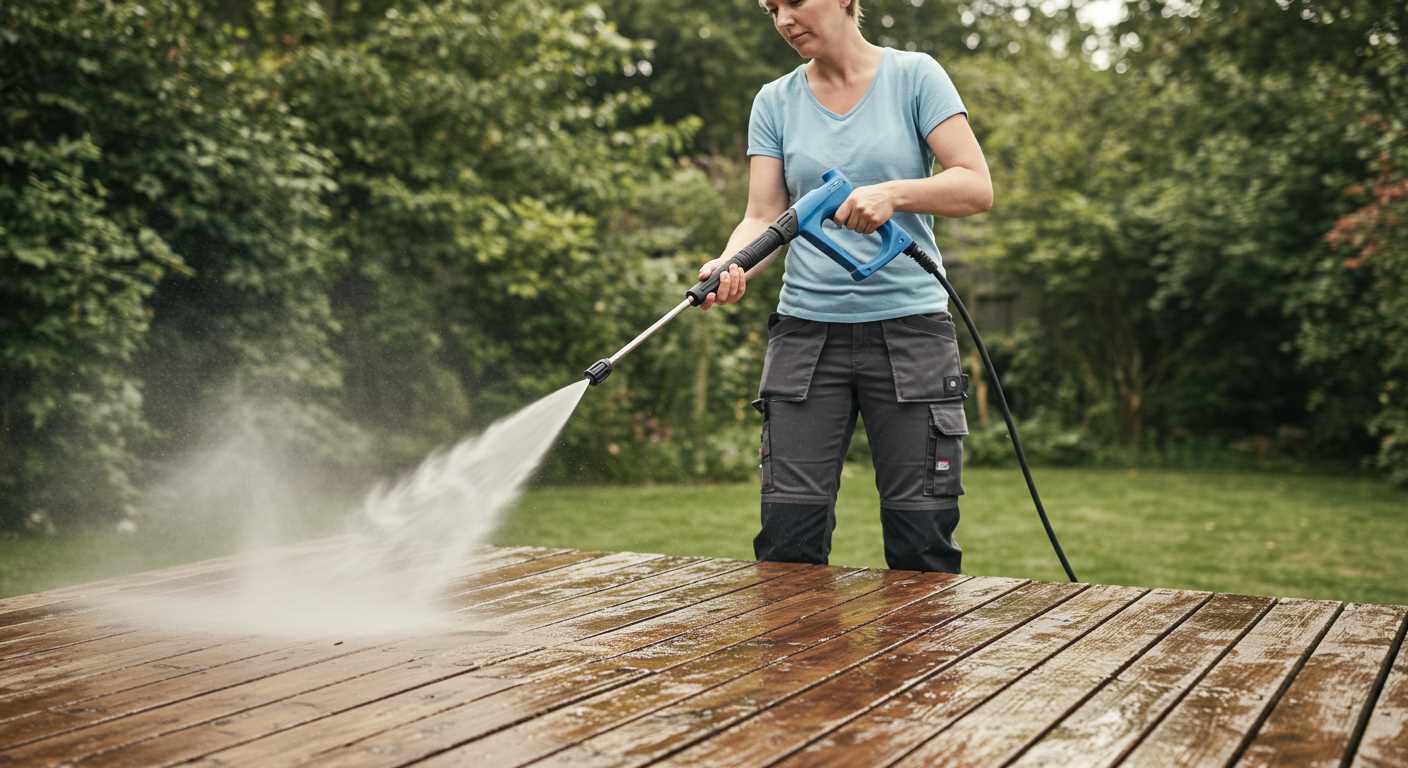
The colour-coded nozzles correspond to specific applications:
- Red (0-degree): Produces a concentrated stream for heavy-duty tasks. Ideal for stubborn stains on concrete or metal but should be used with caution to avoid surface damage.
- Yellow (15-degree): Effective for cutting through tough grime on hard surfaces, such as driveways. Suitable for stripping paint or removing persistent dirt.
- Green (25-degree): A versatile choice for general cleaning. Works well on decks, patios, and vehicles. Balances pressure and coverage for efficient results.
- White (40-degree): Offers a wide spray for sensitive surfaces. Perfect for washing cars, windows, and outdoor furniture.
- Black (soap nozzle): Utilises a lower pressure to apply detergent. Best for pre-soaking surfaces before rinsing with a higher pressure nozzle.
Choosing Based on Surface and Dirt Type
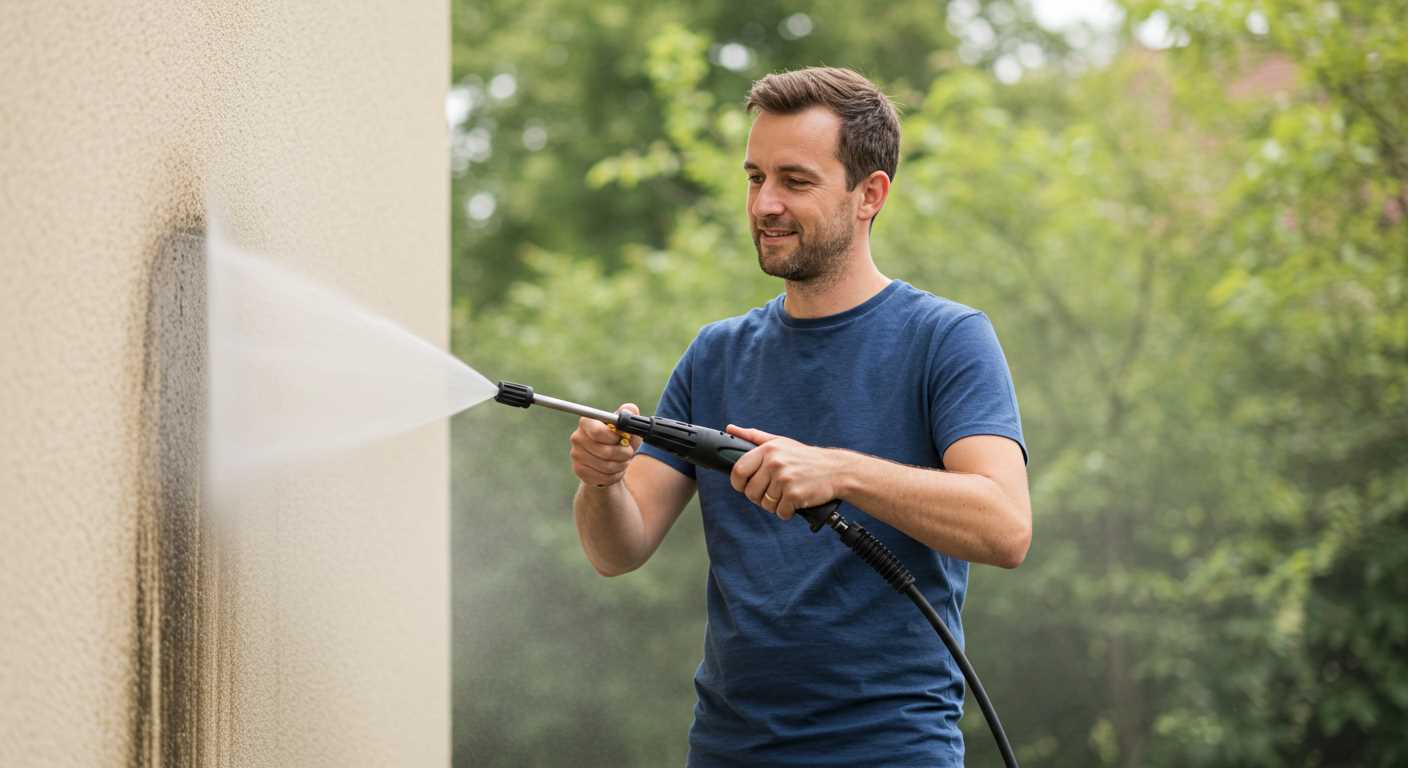
Consider the following when selecting a nozzle:
- Surface Material: Hard surfaces like concrete tolerate high pressure; delicate materials such as wood or painted surfaces require softer sprays to prevent damage.
- Type of Stains: For greasy or oily spots, utilise a narrower nozzle to increase cleaning power; for light debris, a wider nozzle will suffice.
- Height and Reach: For high or difficult-to-reach areas, such as roofs or tall fences, a compatible lance with an appropriate nozzle will ensure effective cleaning without the need for ladders.
By accurately matching the nozzle to the task at hand, you can enhance cleaning efficiency while protecting your surfaces from potential harm.
Techniques for Using the Extension Lance Safely and Effectively
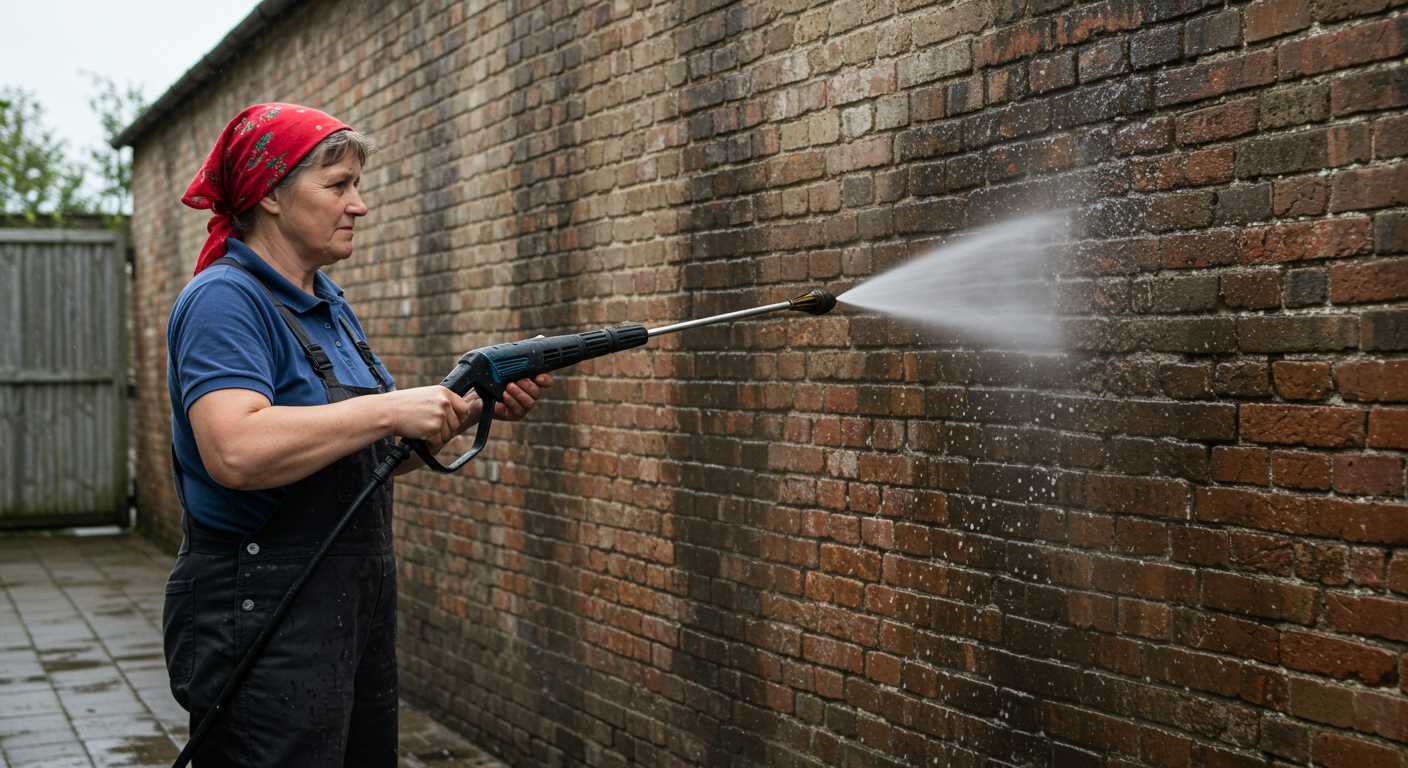
Maintain a firm grip on the wand to control the direction of the spray. Ensure the nozzle is pointed away from yourself and others when starting the flow of water.
Correct Body Positioning
Position your body to maintain balance. Stand with feet shoulder-width apart and engage your core for stability. Kneeling or bracing yourself against a wall can help when the cleaning task requires more precision.
Aim and Distance
Adjust the distance between the nozzle and the surface being cleaned. For stubborn grime, reducing the gap enhances impact, but be cautious as this may damage fragile surfaces. Start from a distance and gradually move closer as you assess the cleaning effectiveness.
| Surface Type | Recommended Distance | Best Technique |
|---|---|---|
| Concrete | 15-30 cm | Direct spray, moving in a back-and-forth motion |
| Wood | 30-50 cm | Gentle sweeping motion, maintaining distance |
| Glass | 50-80 cm | Vertical strokes, avoiding pressure buildup |
Utilising the correct nozzle based on surface type is key. A narrower spray concentrates effort for tougher tasks, while a wider spray covers larger areas more gently.
Before concluding your session, inspect your surroundings for hazards. Clear away any debris that may pose a risk of slips or falls, and ensure your workspace is secure.
After completing the task, store the equipment properly. Detach the accessories, clean the nozzle, and store the lance in a dry area to extend its lifespan.
Maintenance Tips for Your Extension Lance After Use
After every cleaning session, ensure that you thoroughly rinse the attachment with clean water. This step effectively removes any residual detergent or debris that could cause clogs or corrosion.
Storage Practices
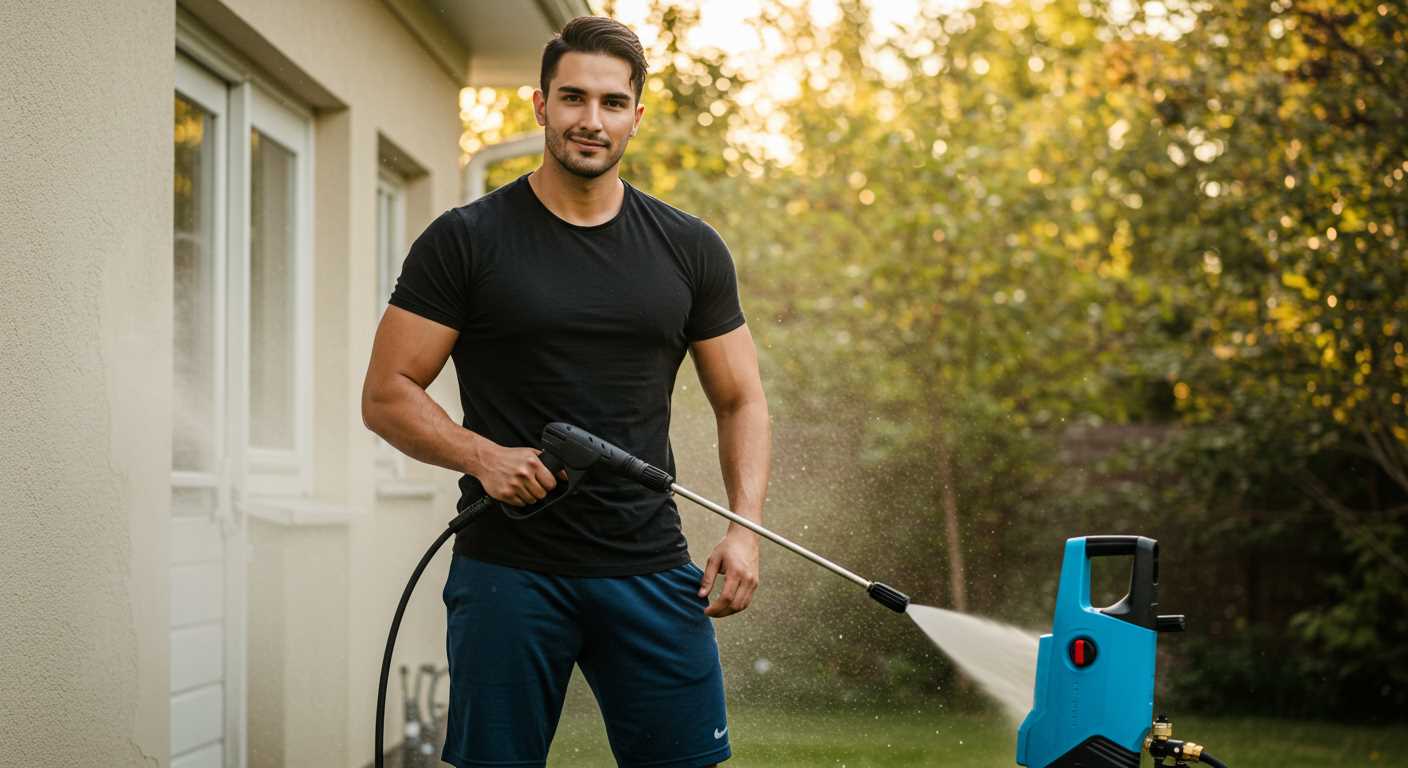
- Store the equipment in a dry, temperature-controlled environment to prevent moisture-related damage.
- Keep it upright or hang it to avoid bending or damaging any components.
Regular Inspections
- Inspect seals and connections for wear or damage. Replace any parts showing signs of deterioration to maintain optimal performance.
- Check the nozzle regularly for blockages. Use a soft brush or compressed air to clear any debris.
Additionally, lubricate moving parts periodically with silicone spray to ensure smooth operation. This practice helps extend the lifespan and enhances the functionality of the attachment.
By adhering to these maintenance steps, you will ensure reliable performance and a longer service life for your cleaning tool.
Common Troubleshooting Tips for Extension Lance Issues
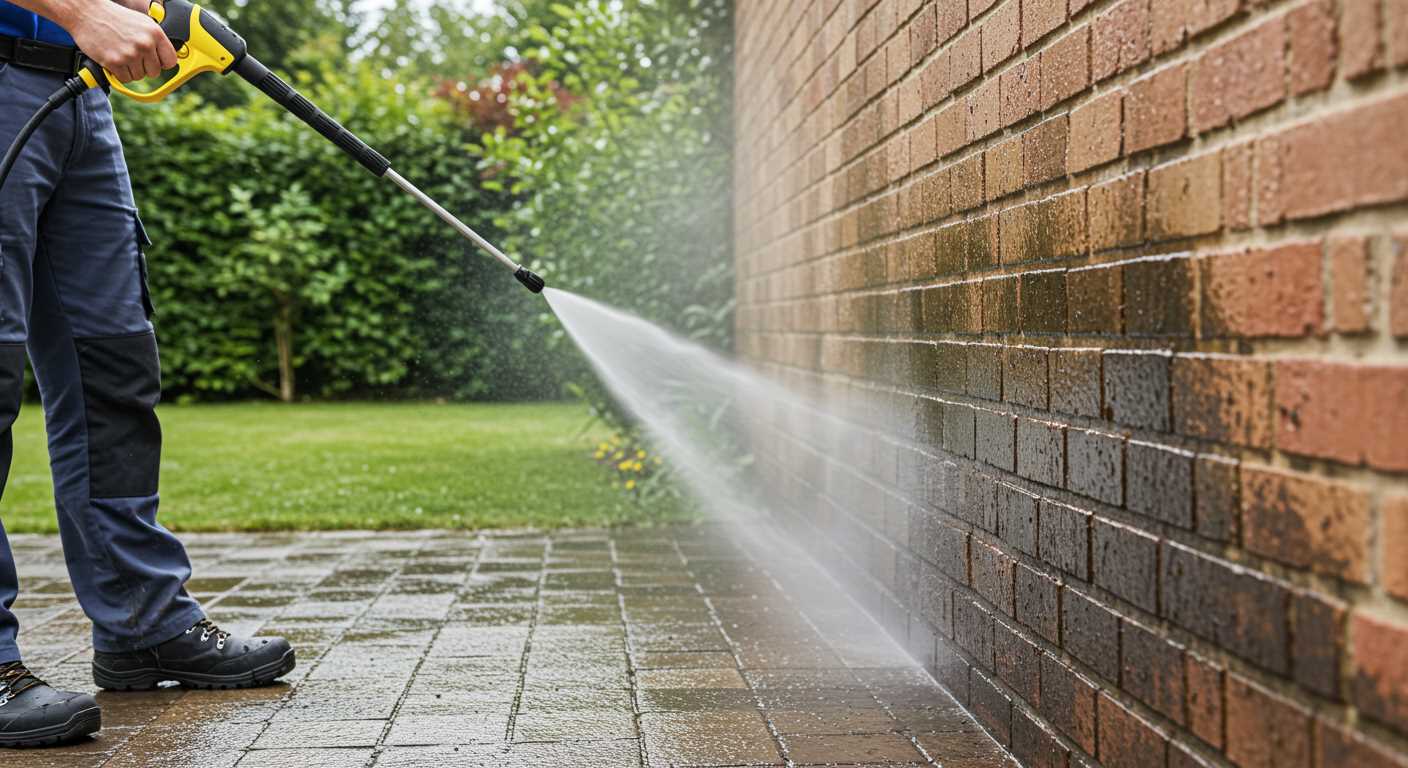
Check for blockages in the nozzle if you notice a weak or inconsistent water flow. Debris can accumulate, hindering performance. Cleaning the nozzle should restore proper function.
If the attachment is leaking, ensure it’s firmly connected and the O-ring is in place. A loose connection can cause water to escape; re-tighten or replace the O-ring if damaged.
Encountering reduced pressure? Inspect the entire system for any air leaks along hoses or connections. A tight seal is critical for optimal operation.
Handling Stubborn Residue
For stubborn grime, consider using a specific cleaning solution suited for the task at hand. If the spray doesn’t seem effective, switching to a more concentrated formula may yield better results.
Issues with Spraying Angle
If the angle of the spray doesn’t suit your needs, verify that the nozzle is adjusted correctly. Some models come with adjustable heads that can be repositioned to optimise reach and effectiveness.
FAQ:
What is a karcher pressure washer extension lance and how does it enhance cleaning tasks?
A Karcher pressure washer extension lance is a long attachment that can be connected to your pressure washer wand. It allows you to reach high or hard-to-access areas without the need for ladders or scaffolding. This makes it particularly useful for cleaning roofs, second-storey windows, or tall garden fences. By extending your reach, you can effectively clean surfaces from a safe distance, providing convenience and efficiency during your cleaning tasks.
How do I properly attach and use the extension lance with my Karcher pressure washer?
To attach the extension lance to your Karcher pressure washer, first ensure that the machine is turned off and unplugged. Then, remove the standard lance from the pressure washer wand by twisting it counter-clockwise. Align the extension lance with the wand and twist it clockwise until it securely locks in place. Once attached, connect the pressure washer to a water source and power it on. Adjust the spray nozzle on the lance according to the surface you’re cleaning, and maintain a steady distance while using a sweeping motion for optimal results. Always refer to the user manual for specific instructions related to your model to ensure safe and effective use.










